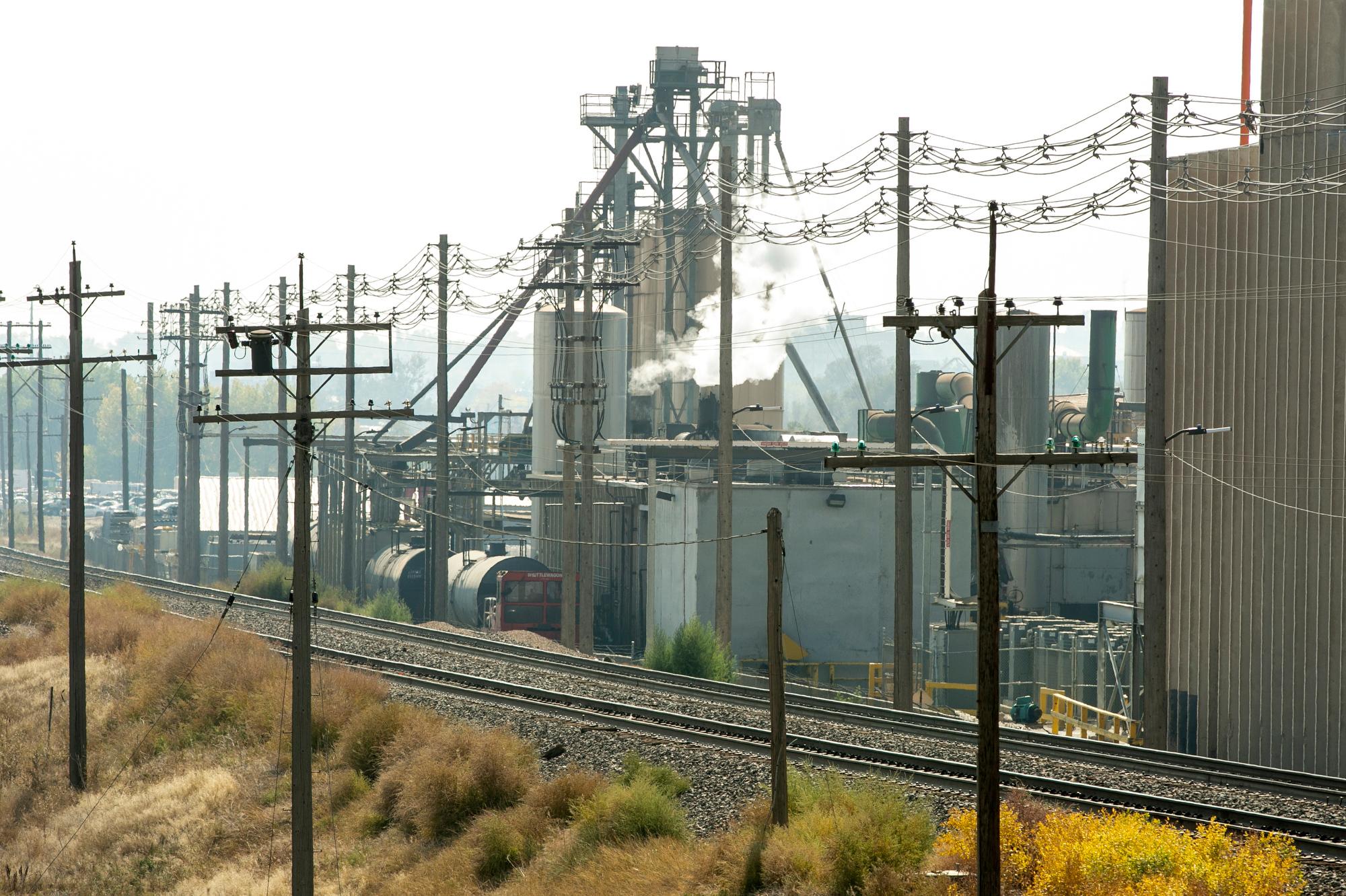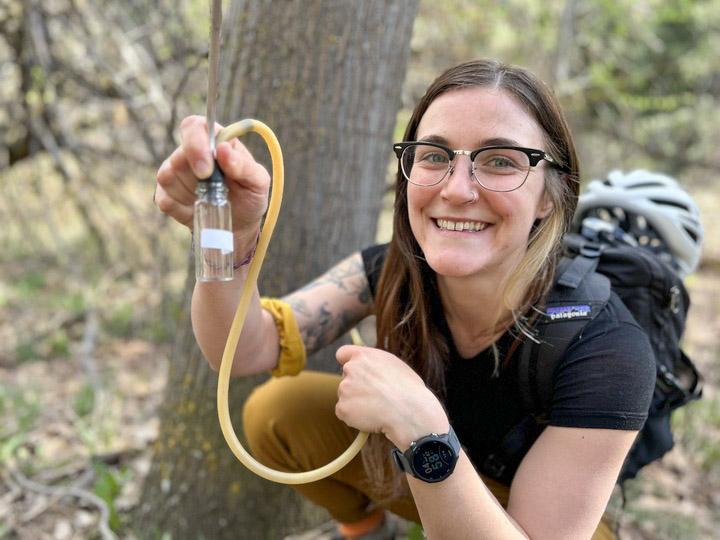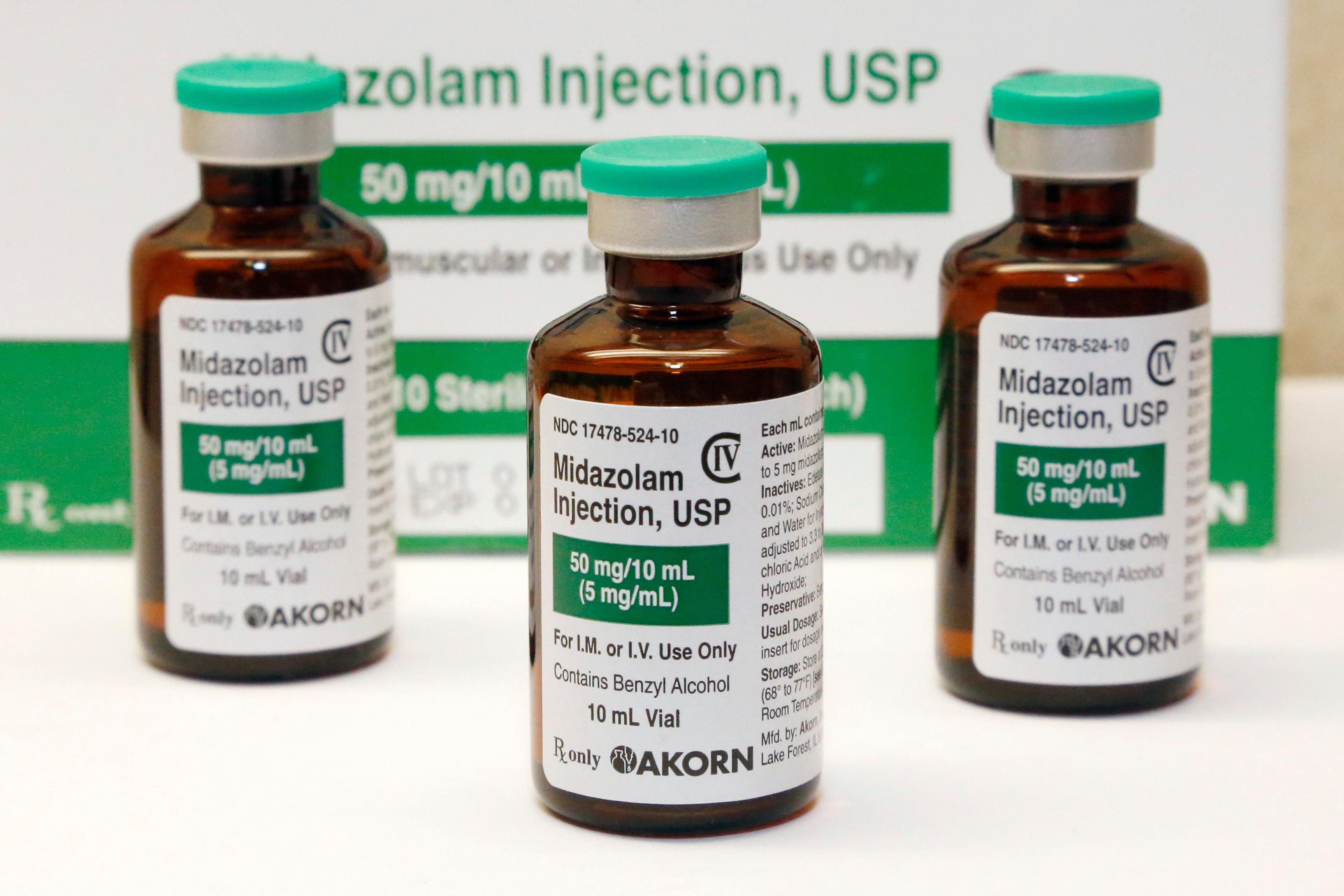
After more than two days of debate, Colorado air regulators approved a suite of regulations late Friday night they say will cut climate-warming emissions from some of the state's largest industrial polluters.
But that hasn't come as welcome news to a coalition of environmental advocates who wanted the Colorado Air Quality Control Commission to scrap and rewrite the proposed rules.
Due to provisions meant to ease the burden on businesses, critics say the final regulations will allow refineries, factories, meatpacking plants and other facilities to ramp up air pollution levels before tougher regulations kick in at the end of the decade. Environmental groups also fear loopholes in the approved rules give companies too many options to avoid on-site pollution reductions.
"What we saw was decision-makers under the direction of Governor Polis once again choose polluters over people. To be honest, it's maddening," said Ean Thomas Tafoya, the Colorado state director of GreenLatinos, a group focused on air pollution and other environmental justice issues.
Tafoya said environmental advocates are now considering whether to file a lawsuit to force regulators back to the drawing board.
The new regulations come in response to the Environmental Justice Act, legislation Gov. Polis signed into law more than two years ago. It requires the industrial and manufacturing sector to cut climate-warming emissions 20 percent by 2030 relative to 2015 emissions levels and limit releases of associated toxins known to harm human health.
The new rules attempt to carry out the mandate by targeting 18 major manufacturing sites, including the Suncor Energy refinery in Commerce City, the Molson Coors brewery in Golden and the JBS Swift Meatpacking Plant in Greeley.
Environmental groups say the final rules won't require those businesses to make steady progress toward the 2030 targets. Instead, they argue the regulations could allow each industrial site to increase emission levels over the short term, potentially further burdening the same communities the regulations aim to protect.
Alex DeGolia, a director of state legislative and regulatory affairs for the Environmental Defense Fund, said that possibility is due to the state's method for setting an emissions baseline for each business. Rather than simply using estimated 2022 greenhouse gas emissions, the new rules allow regulators to choose the higher of either 2021 or 2022 emission levels.
In written testimony, state regulations said the flexibility "reasonably accounts for operational variability and the lingering impacts of the COVID-19 pandemic." Meanwhile, an EDF analysis found the accounting move would allow businesses to increase climate-warming pollution by 9 percent over 2022 levels leading up to 2030.
"Colorado communities really need leaders that advance strong climate action to protect their health and their futures," DeGolia said. "Instead, regulators moved forward with a weak rule that would allow emissions from Colorado's largest industrial polluters to increase over the remainder of the decade."
Before approving the rules, air quality officials also agreed to adjustments suggested by the Colorado Chamber of Commerce, which warned that onerous regulations could force manufacturers to cut production or shift operations out of state.
In response to those concerns, the panel adjusted the rules so that companies are only required to begin cutting emissions by 2026 — rather than 2024. It also directed regulators to establish a state-managed fund to give companies a last-ditch opportunity to pay for compliance.
A corporation would first need to establish it couldn’t cost-effectively cut pollution on-site—or purchase credits from another company that cut emissions ahead of schedule. Environmental groups nevertheless blasted the plan, saying it gives companies an option to pay to harm communities.
The seven members of the governor-appointed Colorado Air Quality Control Commission voted 5-2 to approve the rules. Gov. Polis appoints members to the panel, which oversees state air quality regulators.
Commissioners supporting the plan praised staff members for striking a balance between cutting emissions and critical flexibility for the state’s largest businesses. Meanwhile, Elise Jones, the executive director of the Southwest Energy Efficiency Project and one of the dissenting voices, said regulators should have taken more time to respond to concerns from communities burdened by pollution.
"Colorado has been a leader in the climate space. We've had the opportunity to do it again, but I think we're a few months shy of actually achieving that," Jones said.







